In the panel discussion organized as part of Steel Summit 2025, the accelerating green transformation in Europe, the uncertainties in global trade policies and how the steel industry will respond to these dynamics were discussed in a multifaceted manner.
“Green transformation is an opportunity for us”
Speaking at the opening of the panel, Fatih Gökçe, CSO of Diler Holding Demir Çelik Group, emphasized that the use of scrap has gained strategic importance with the implementation of CBAM (Carbon Border Adjustment Mechanism) under the European Green Deal. “In scenarios where access to scrap is limited, turning to alternative raw materials such as HBI and DRI is quite challenging due to high energy costs in our region,” Gökçe stated.
Adding that access to clean energy has become critical due to the prevalence of EAF (electric arc furnace) production in Türkiye, Gökçe noted "We aim to provide 50% of our energy from clean sources by the end of 2030 through renewable energy projects. In this way, we will reduce scope 2 emissions by 90%."
“Europe exports scrap, but this is not sustainable”
Josu Pina Bilbao, Vice President of Business Development and Commercial Transformation at SSAB, emphasized that the price of electricity, one of the main inputs of steel production, has a direct impact on competition. “Europe is currently a scrap exporting region, but in the next 10 years this could be reversed and there could be a shortage,” Bilbao stated, adding that the use of scrap poses problems not only in terms of quantity but also chemical content.
“Investments are increasing but demand is not”
EUROMETAL Board Member Tayfun İşeri stated that he predicts that capacity utilization rates will gradually decrease in the sector and used the following statements: "Investments are increasing even though the market is not growing. Capacity utilization rates are unlikely to exceed 85%, and may even drop to 60%."
Stating that globalization has been replaced by localization, İşeri stated, "China has focused more on exports after balancing its domestic consumption. Exports of 40-50 million tons have increased to 100 million tons, and we will soon see 150 million tons. This is forcing other countries to take protectionist measures,".
“Europe exports scrap, but it is not sustainable”
Josu Pina Bilbao, Vice President of Business Development and Commercial Transformation at SSAB, emphasized that the price of electricity, one of the main inputs of steel production, has a direct impact on competition. Stating that the use of scrap poses problems not only in terms of quantity but also in terms of chemical content, Bilbao noted, “Europe is currently a scrap exporting region, but in the next 10 years this situation may reverse and there may be a shortage.”
Stating that Europe's price competition with imported steel is not sustainable, Tsanislav Kolev, Business Development and Decarbonization Director at NLMK Europe, stated: "We are no longer talking about capacity, but about investments in special steel and end products. We are preparing for this transformation with our investment of more than 500 million euros."
“Uncertainty slows down investment”
Tuğba Çimenci, Managing Partner of Flatsteel Hub, stated that uncertainties in global trade policies increase the risks especially for small and medium-sized companies. Çimenci stated, "Investments by large companies make it difficult for small players to step up. Trade restrictions seriously slow, if not stop, progress,".
Noting that although CBAM offers a more structured framework, it still raises question marks among producers, Çimenci stated, "Companies act more cautiously in an environment of uncertainty. This prevents bold investment decisions,".


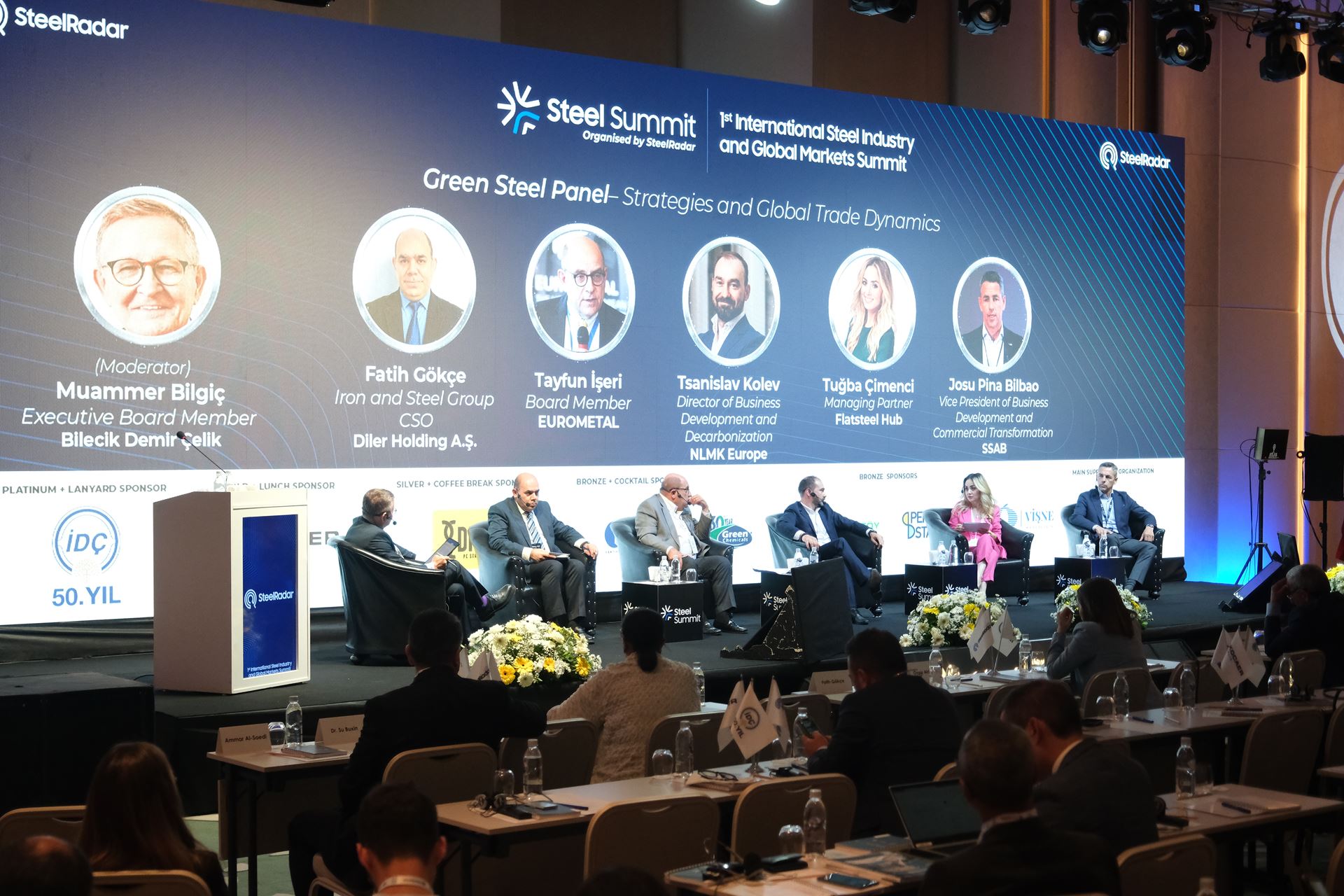

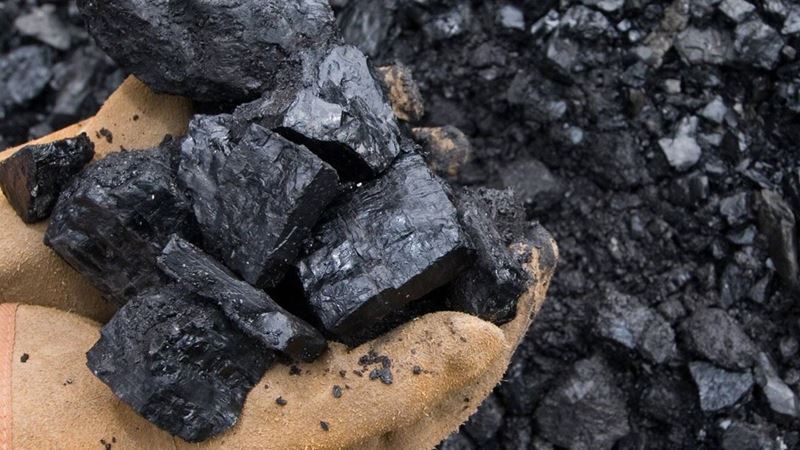
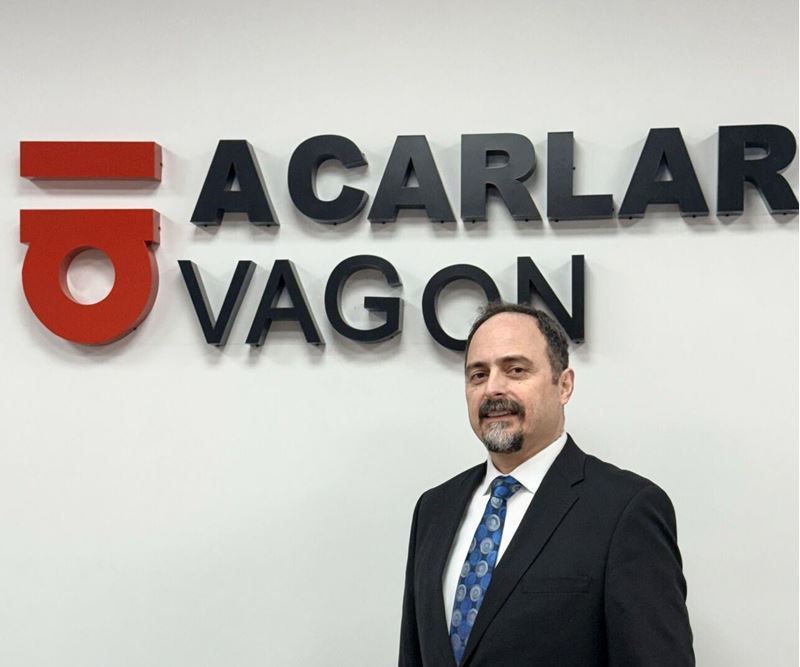
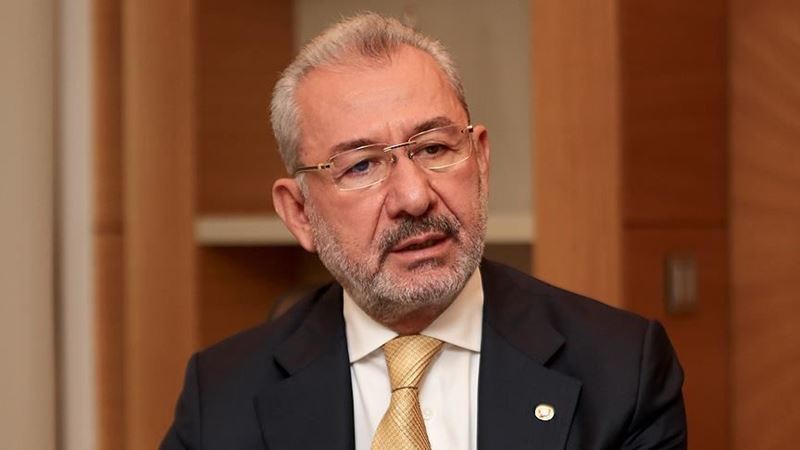
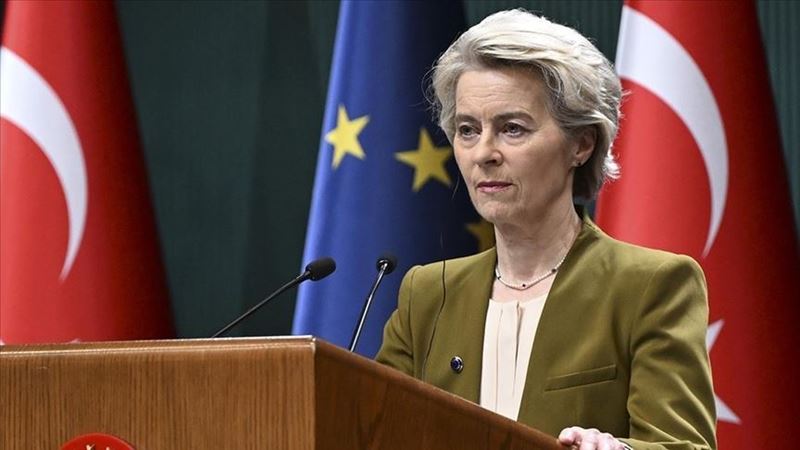
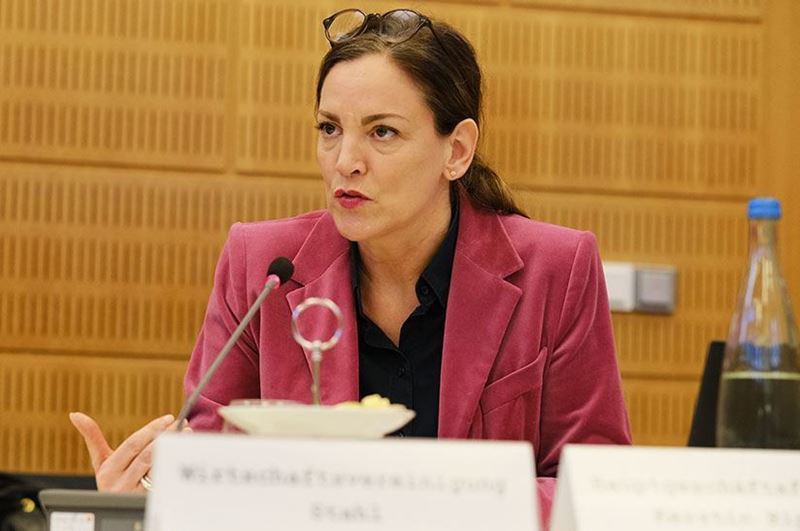


Comments
No comment yet.